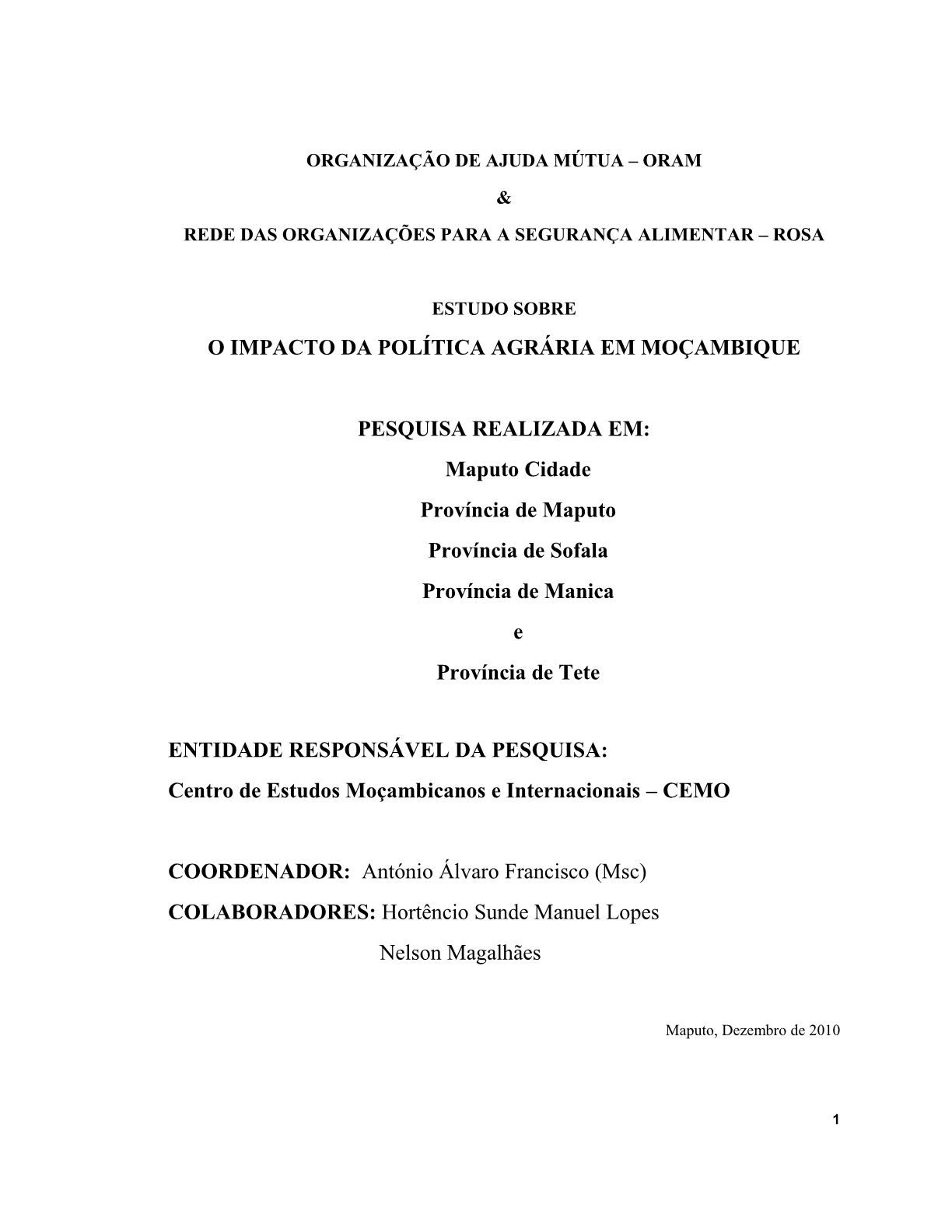National Integrated Coastal Management Framework and Implementation Strategy for Vanuatu.
The National Integrated Coastal Management Framework (NICMF) and Implementation Strategy for Vanuatu is a cross-sectoral strategy enacted in 2010 that seeks to give substance to the national vision for sustainable coastal environmental management by prescribing institutional arrangements needed for management of the coastal ecosystem, and identifies relevant stakeholders to support the process for implementing management and development activities.


